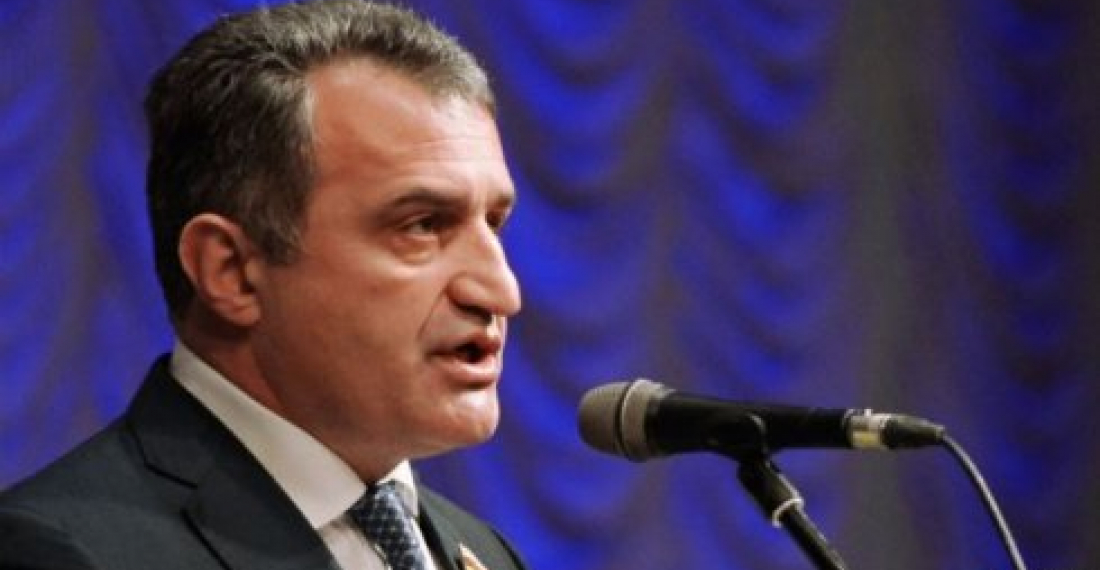Early reports from Tskhinvali suggest that Parliamentary Speaker Anatoli Bibilov has claimed an outright victory in South Ossetia's presidential election which took place on Sunday (10 April) ousting the current incumbent, Leonid Tibilov, but other reports say a run-off is necessary. Tass News Agency reported from Tskhinvali that Bibilov's team claim that 54% of voters have chosen Bibilov over the current incumbent, Leonid Tibilov. However Tass also reported that according to South Ossetia's Central Election Commission, Bibilov received 48.7% of the votes with 35% of ballots counted, while Incumbent President Leonid Tibiliov garnered 26.5% and State Security Committee officer Alan Gagloyev gained 19.1%.
Under South Ossetia's laws, a candidate needs to score 50% plus one vote to be elected in the first round.
In a referendum held concurrently with the presidential elections the South Ossetian electorate voted overwhelmingly in favour of incorporating the historical term "Alania" in the name of the territory, seen as one step towards apossible future unification of the territory with the Republic of North Ossetia-Alania which is a subject of the Russian Federation
South Ossetia seceded from Georgia in the early 1990s. Most countries still consider the territory as part of Georgia, but Russia recognised it as an independent country in 2008 following the August War. The European Union, the United States and other members of the international community have denounced Sunday's poll.
source: commonspace.eu with TASS and other agencies
photo: Anatoly Bibilov (archive picture/Sputnik)







